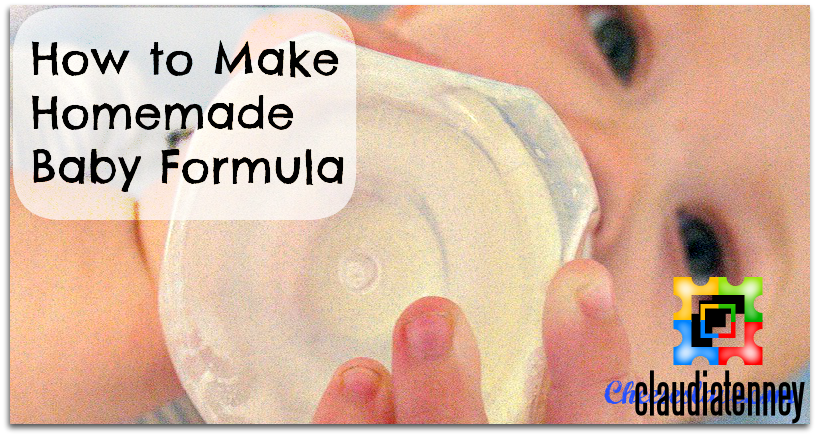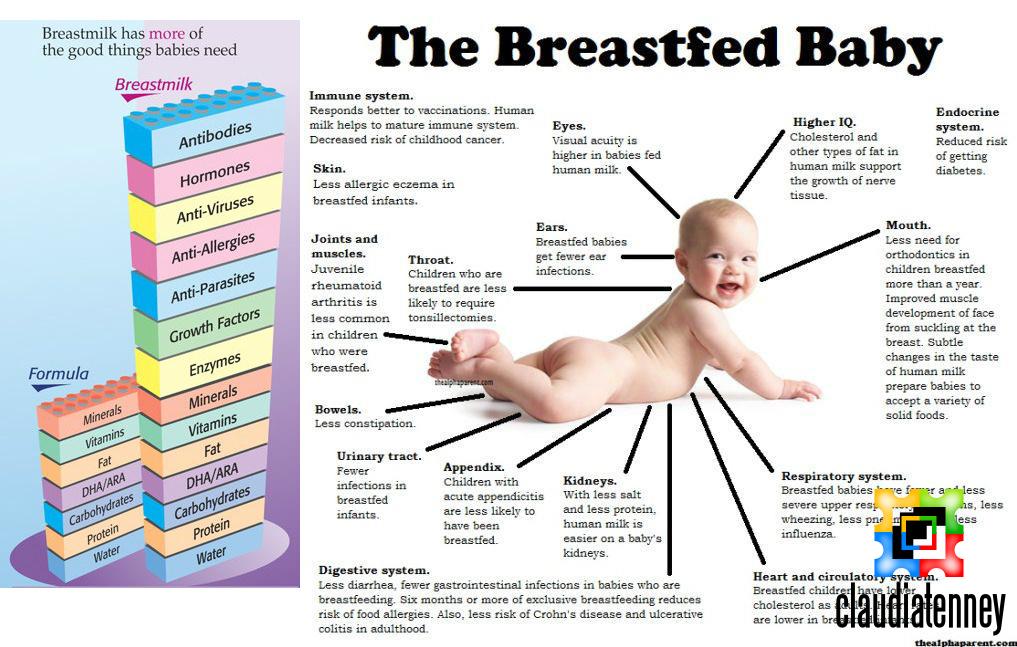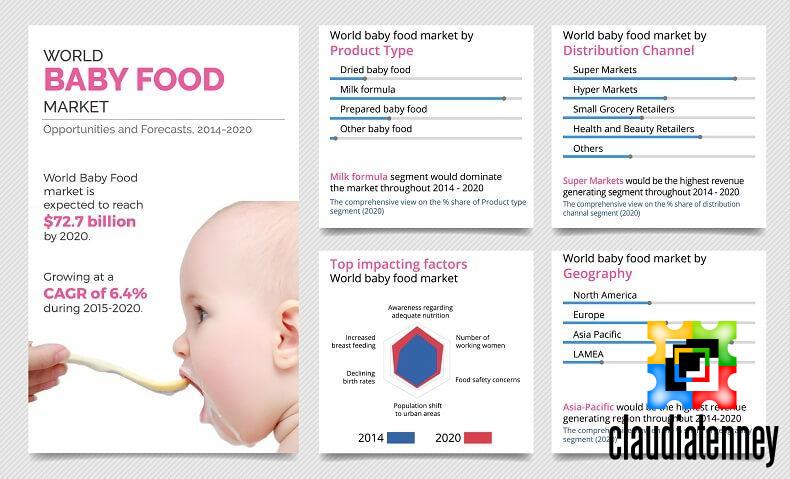Basically, there are three main types of baby formula: those that are based on cow’s milk, those that are based on goat’s milk, and those that are based on soy. Which one of these is right for your baby is up to you.
Soy-based formulas
Whether you’re a vegan family or are looking for a plant-based alternative to milk-based formulas, soy-based baby formulas may be a good option. But, just like milk-based formulas, soy-based formulas need to be fortified with essential vitamins and minerals. And, as with any food, soy-based formulas can cause some serious side effects.

Soy-based formulas are designed to be gentle on babies’ tummies. But they can also cause other side effects, such as allergies and developmental problems. If your baby has allergies, you may want to consider a soy-free formula instead.
Soy-based formulas are also not suitable for preterm babies. Although some parents may consider soy-based formulas for these babies, the FDA states that they’re not recommended. Soy baby formulas have high levels of aluminum, which can affect the central nervous system and bone structure of preterm babies.

Cow’s milk-based formulas
Among the most common baby formulas is a cow’s milk-based formula. Its use is especially helpful for preemies with low birth weights. These babies need extra nutrients to speed up their growth. They also have weak immune systems, and are more susceptible to illness.
But researchers have discovered that cow’s milk-based baby formulas are linked to a gastrointestinal disease called necrotizing enterocolitis (NEC). This disease can lead to infection, blood poisoning, and the destruction of intestinal walls. Babies suffering from NEC will often have green fluid in their stomachs.
Although scientists have linked cow’s milk-based baby formulas to NEC, they have not yet fully proved it. The disease is caused by bacteria that invade the intestines of newborns. The bacteria are then able to travel into the abdominal cavity and cause local infection.
Goat’s milk formulas
Unlike cow’s milk formula, goat’s milk formulas are made with lower lactose levels and can be beneficial for infants who have been suspected to be allergic to cow’s milk. They also provide nutrients that support healthy growth and development.
Goat’s milk baby formula contains probiotics and prebiotics that support the immune system and digestive system. It also contains important vitamins and minerals. It contains vitamin A, which supports healthy skin and eyes, and vitamin C, which is an antioxidant.
It contains omega-3 fatty acids that help promote healthy brain and nervous system function. It also contains DHA, which helps strengthen the immune system and promote healthy vision. It also contains folic acid, which boosts the immune system and promotes healthy b12 levels.
It is made with whole goat’s milk that is chemical free and has no added nuts or preservatives. It also contains no added sugar, and no maltodextrin.
Iron-fortified formulas
Various iron fortified baby formulas are available for infants. These are formulated to provide a complete nutrition for babies and provide energy to promote growth. These formulas are also used for babies that have allergies to cow’s milk.
These formulas are made using a powdered formulation that minimises the growth of microorganisms. It contains corn syrup solids, casein, and whey protein concentrate. Several manufacturers manufacture these products. They are readily available through retailers and online stores.
The American Academy of Pediatrics strongly recommends the early use of iron fortified formulas. In addition, the iron-fortified formulas have been shown to reduce the prevalence of anemia in children. These formulas are also considered to be safe.
According to the National Academy of Sciences, infants under 6 months of age should consume a diet that contains 0.27 mg of iron per day. It is also recommended that breast milk, iron-fortified infant formulas, and other supplements are taken in moderation.
Stage 1 formulas
During the first year of an infant’s life, breast milk is a dynamic fluid that changes in its composition to better meet the needs of a growing baby. To keep up with the demands of this stage, researchers have recommended that the composition of infant formulas change as well.
The good news is that all cow’s milk-based baby formulas are of similar quality and nutritional value. They contain natural probiotic lactic acid cultures that mimic the prebiotics found in breast milk. These cultures are easier for young babies to digest.
Stage 1 baby formulas usually contain whey proteins and milk proteins that are easier to digest. They also contain slower burning carbohydrate sources such as lactose.
The transition from stage 1 to stage 2 baby formulas should be gradual. Start by adding 25% of the stage 2 formula to the stage 1 formula. This allows your baby to get used to the new consistency and texture. On the sixth day, you can increase the percentage to 75%.



